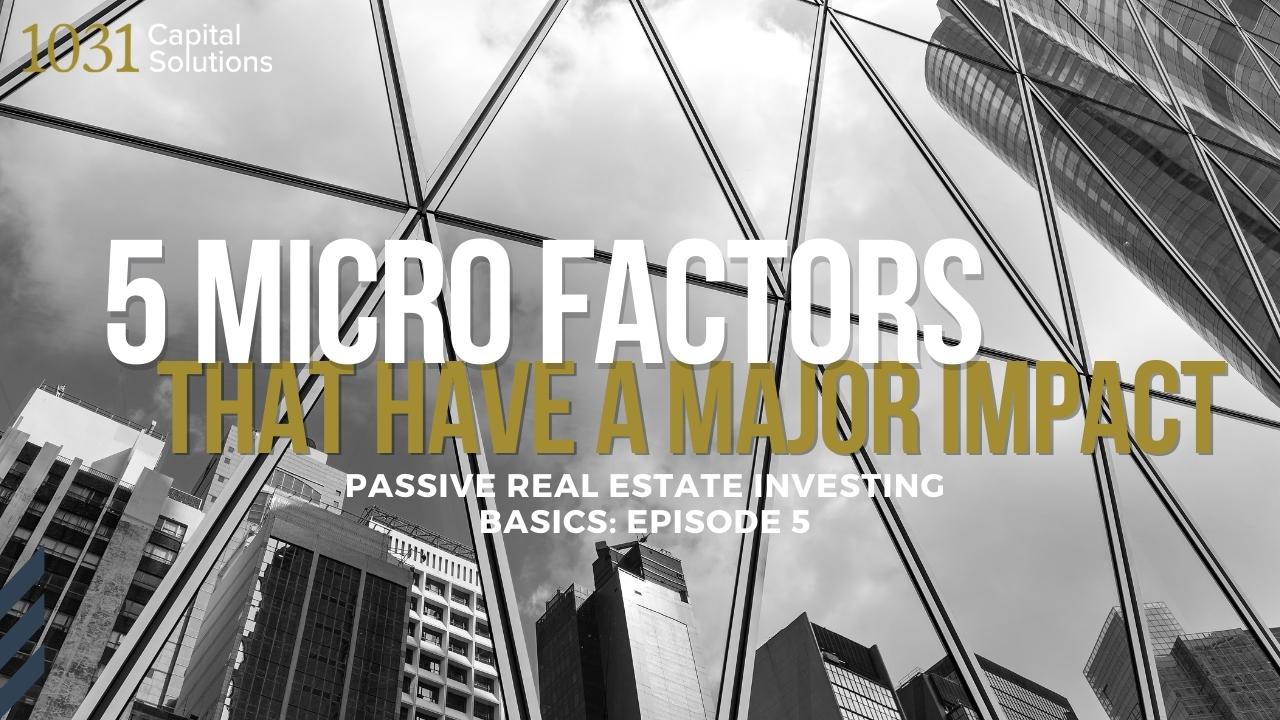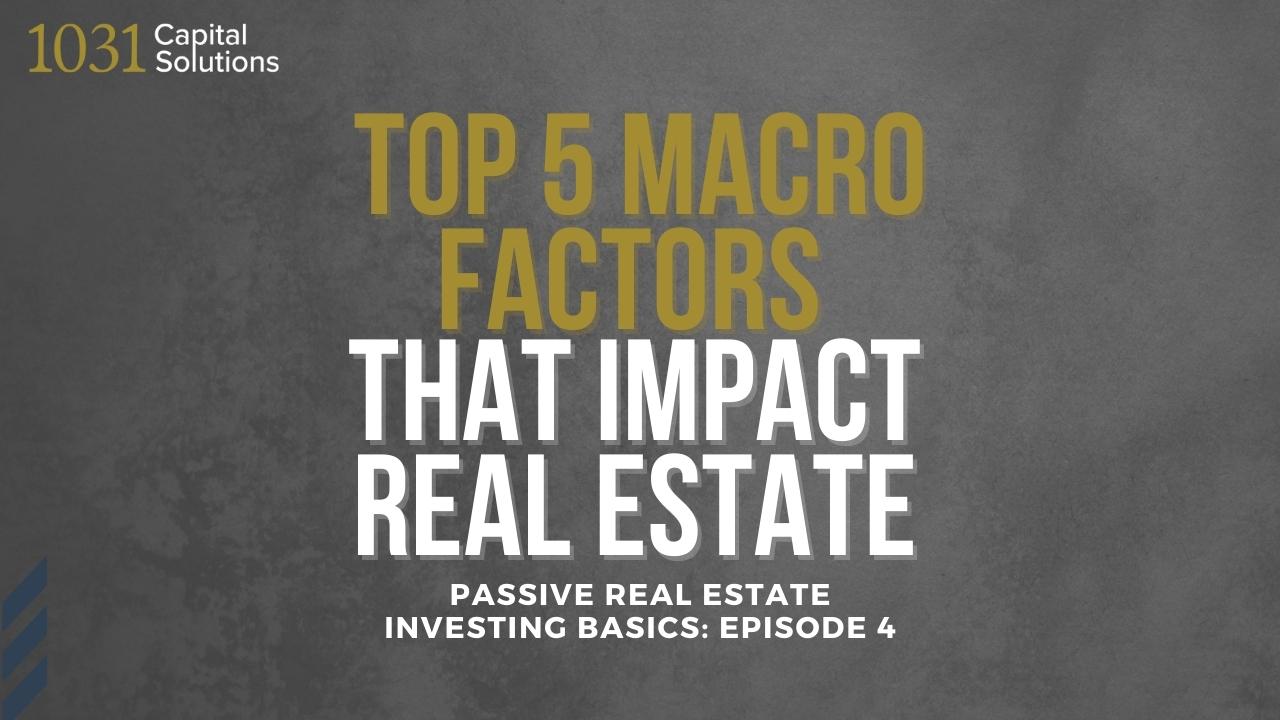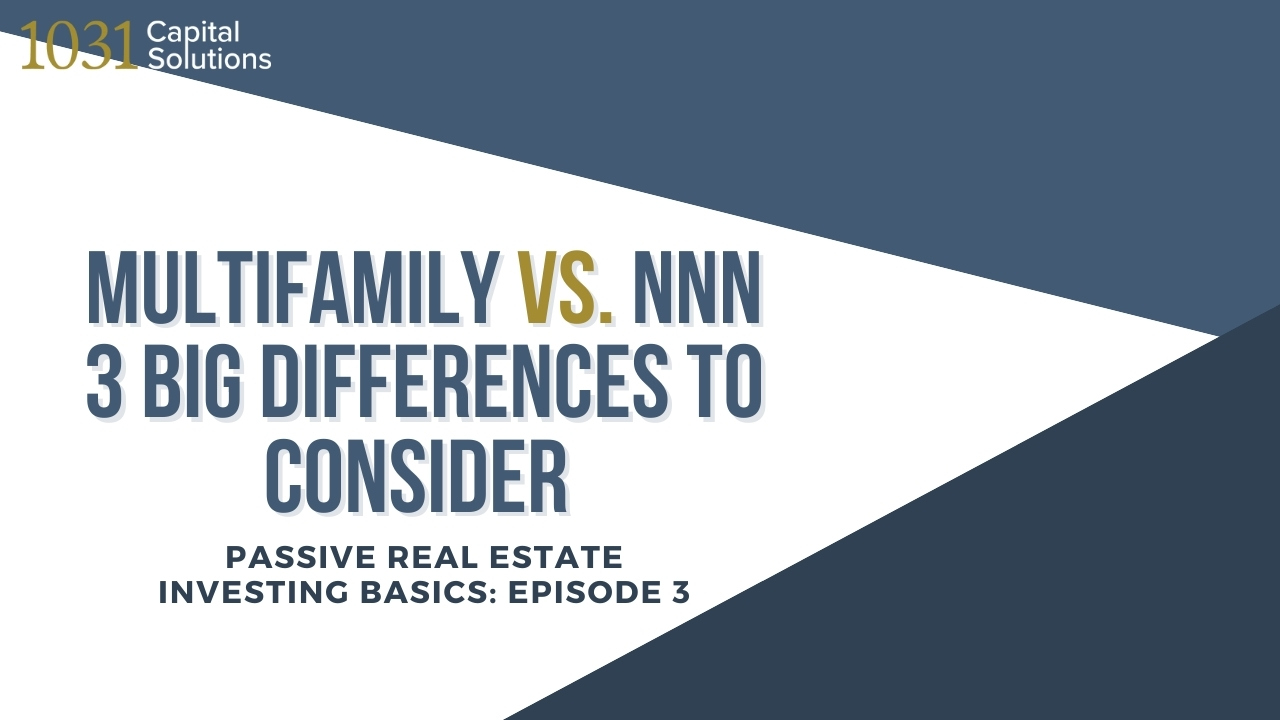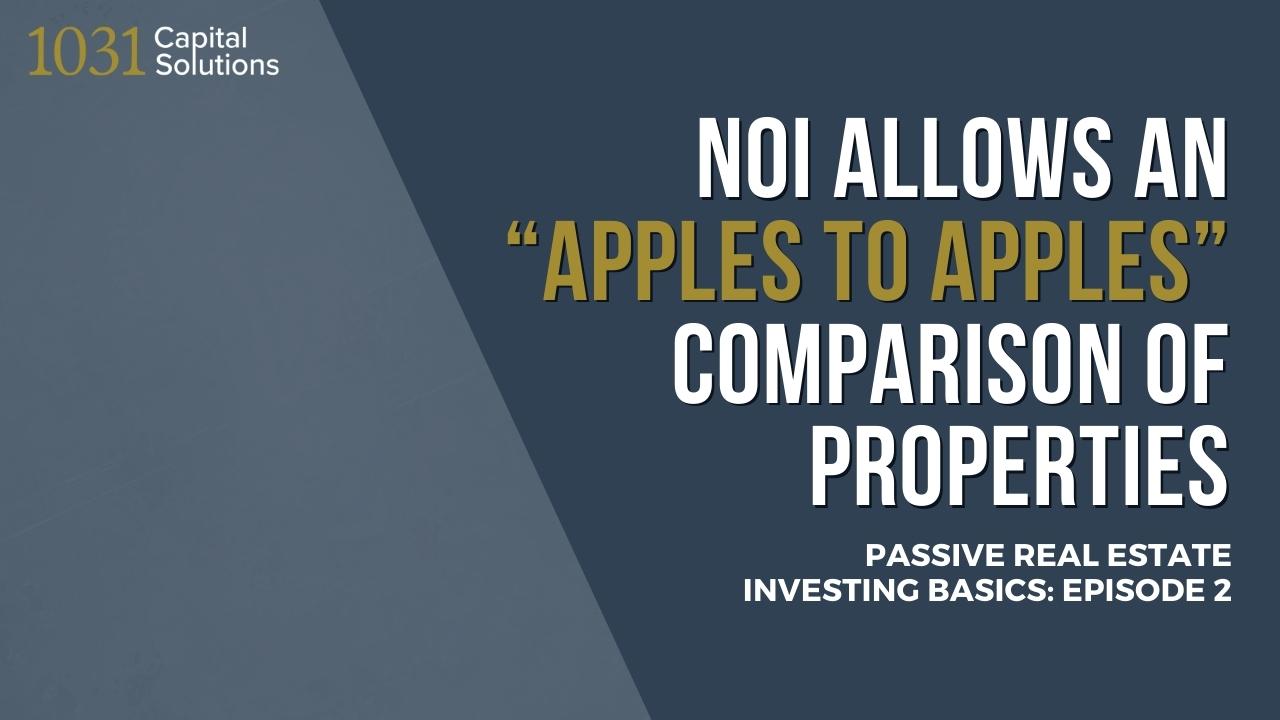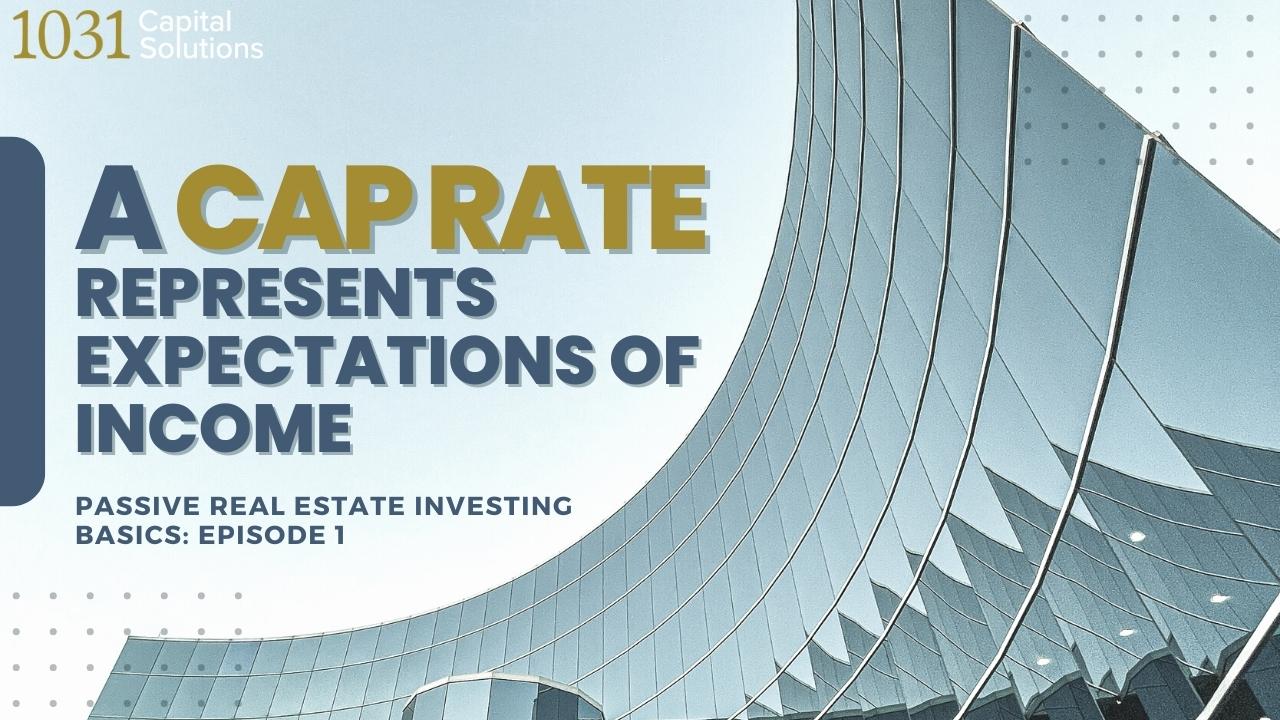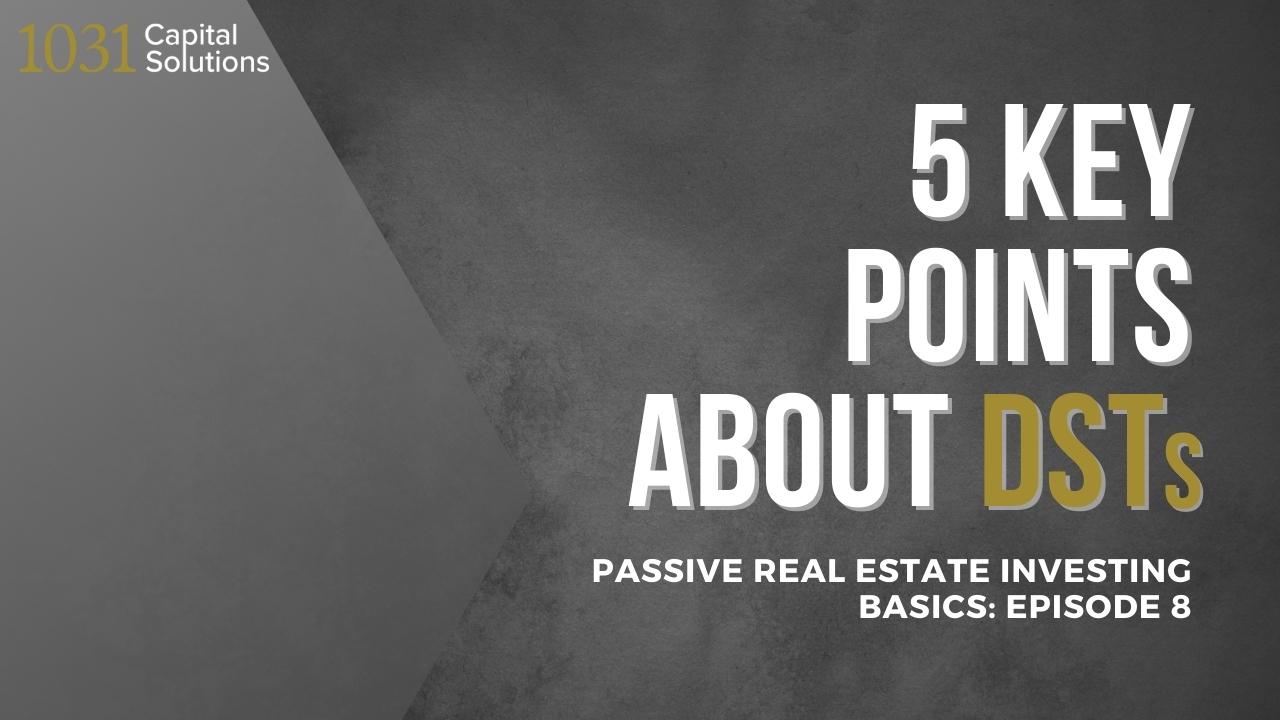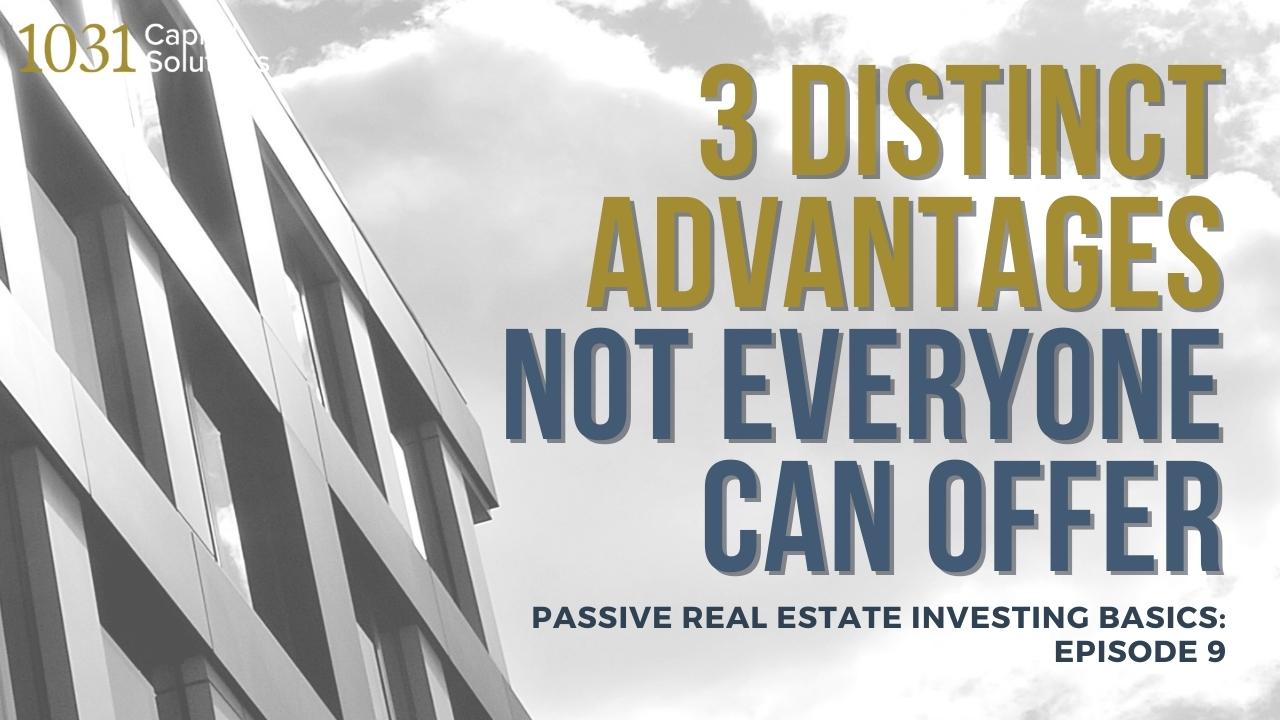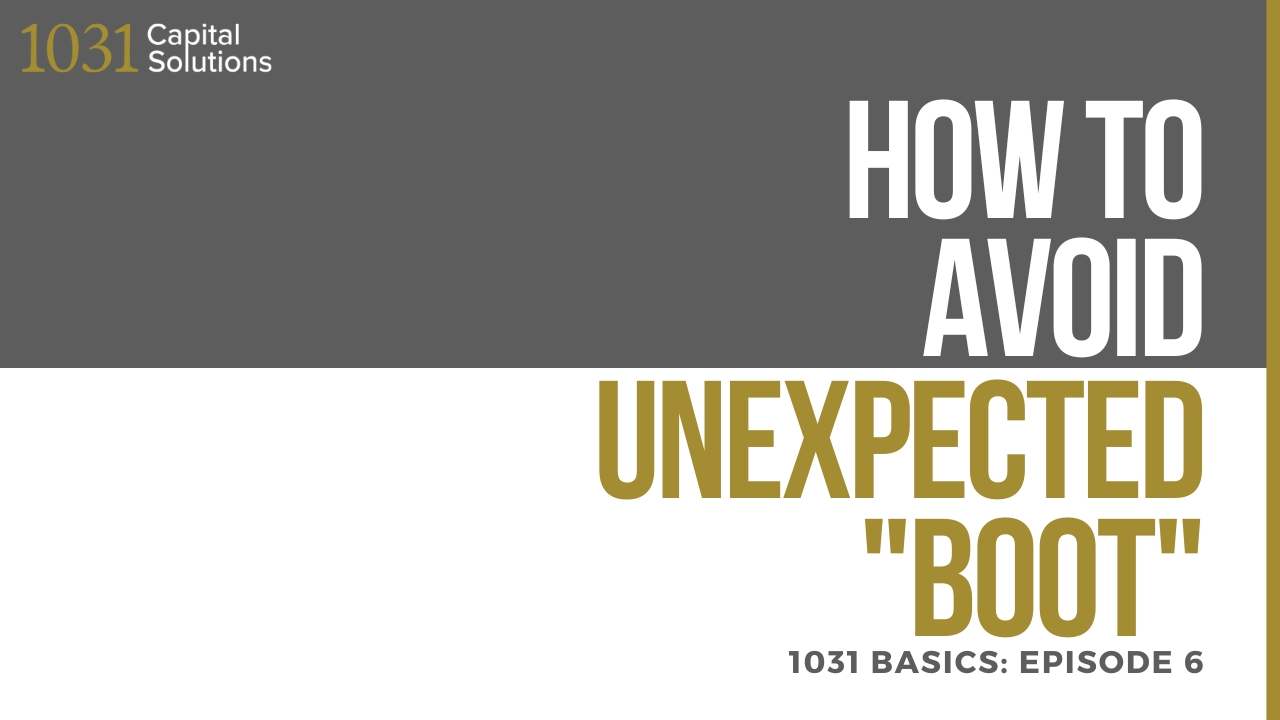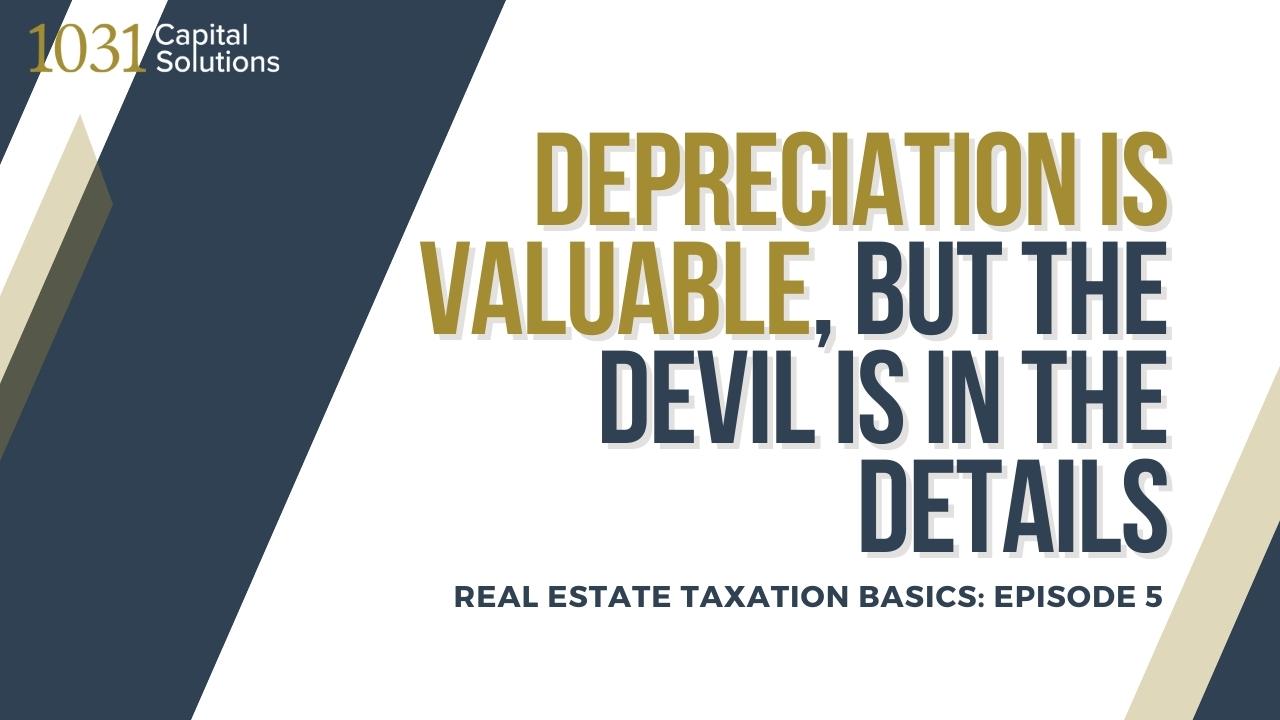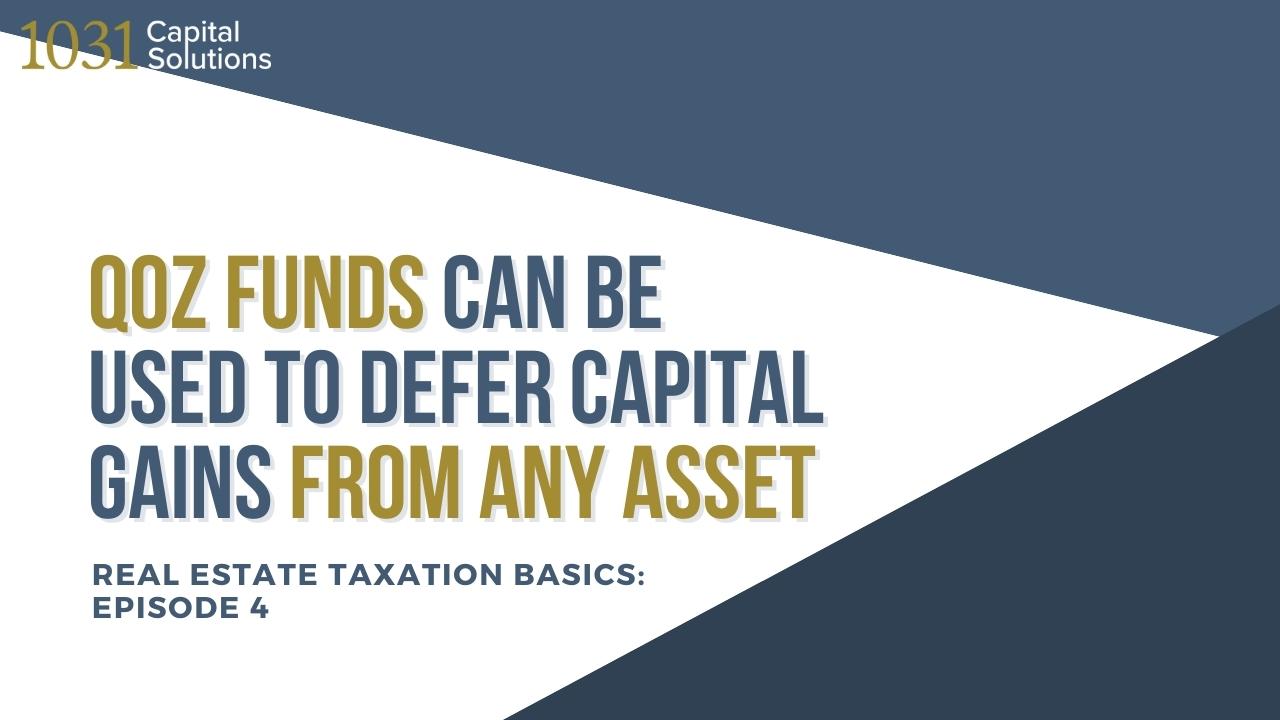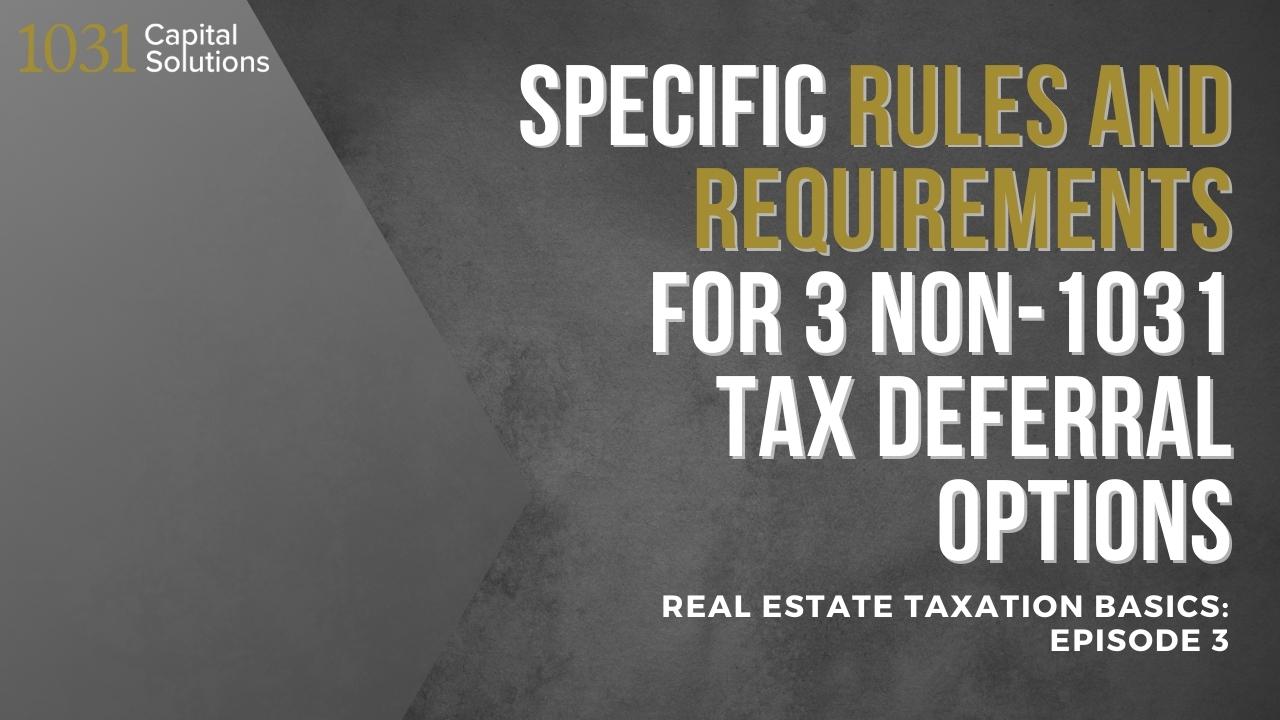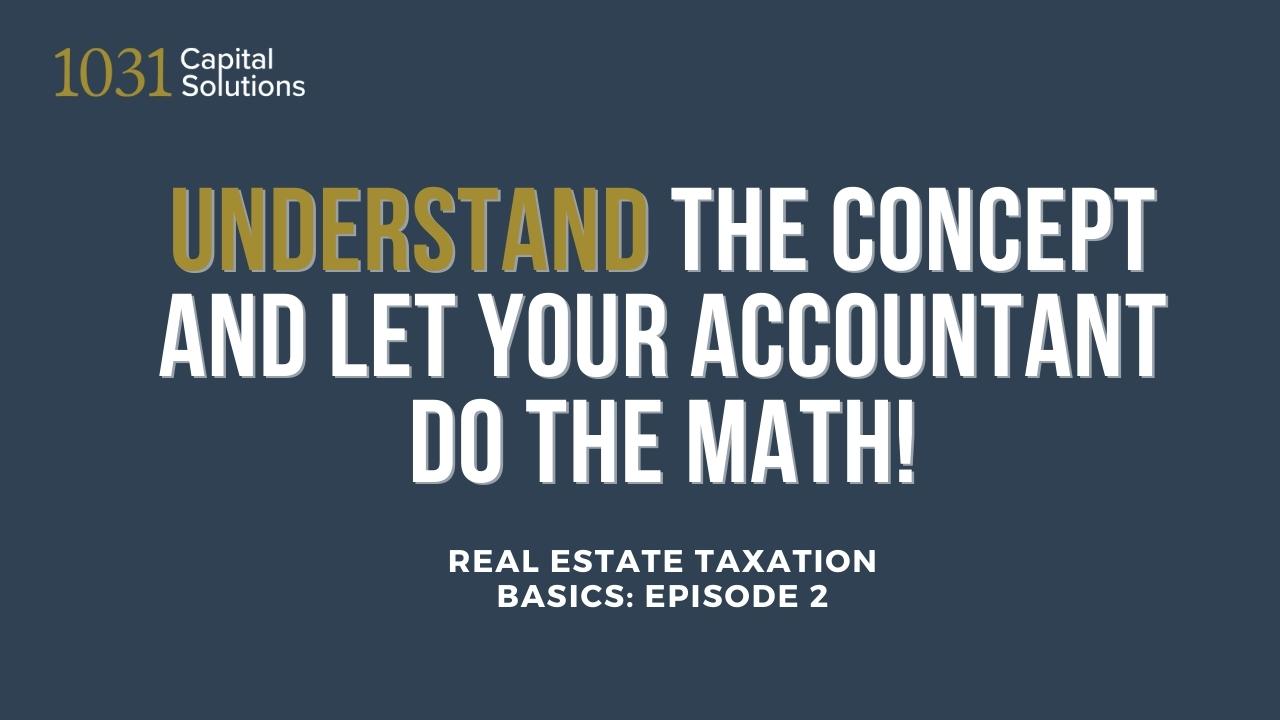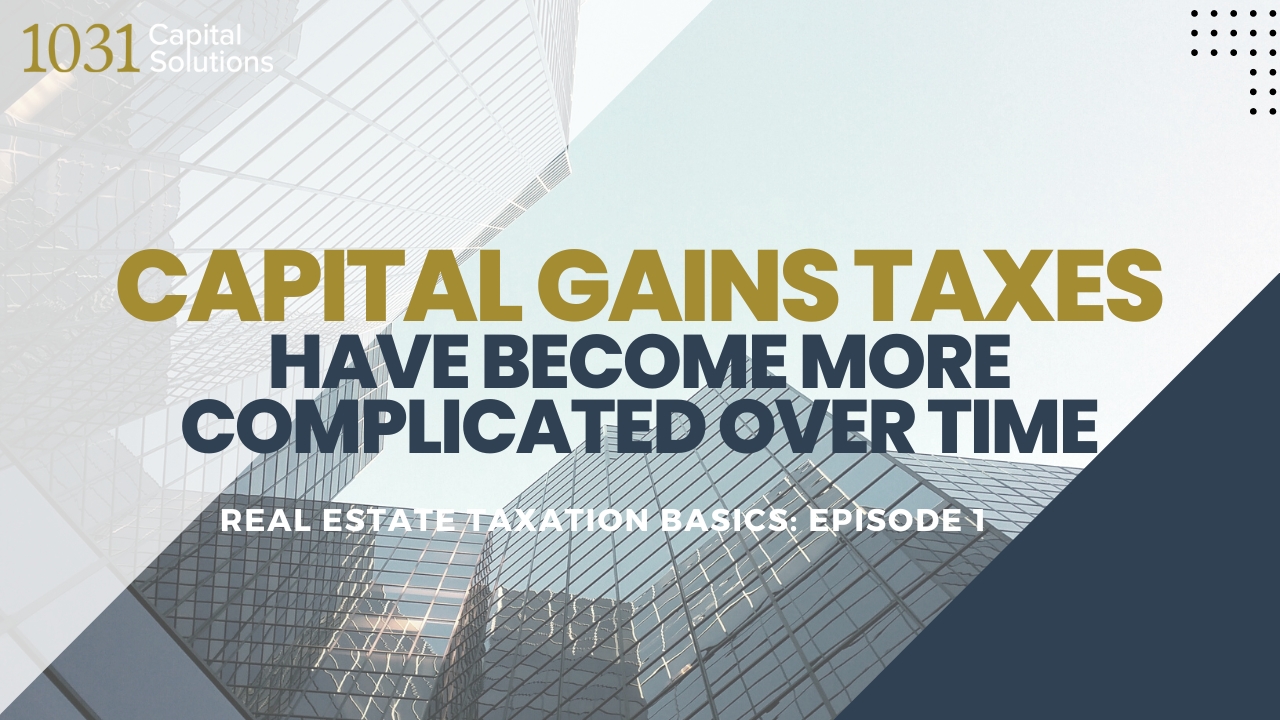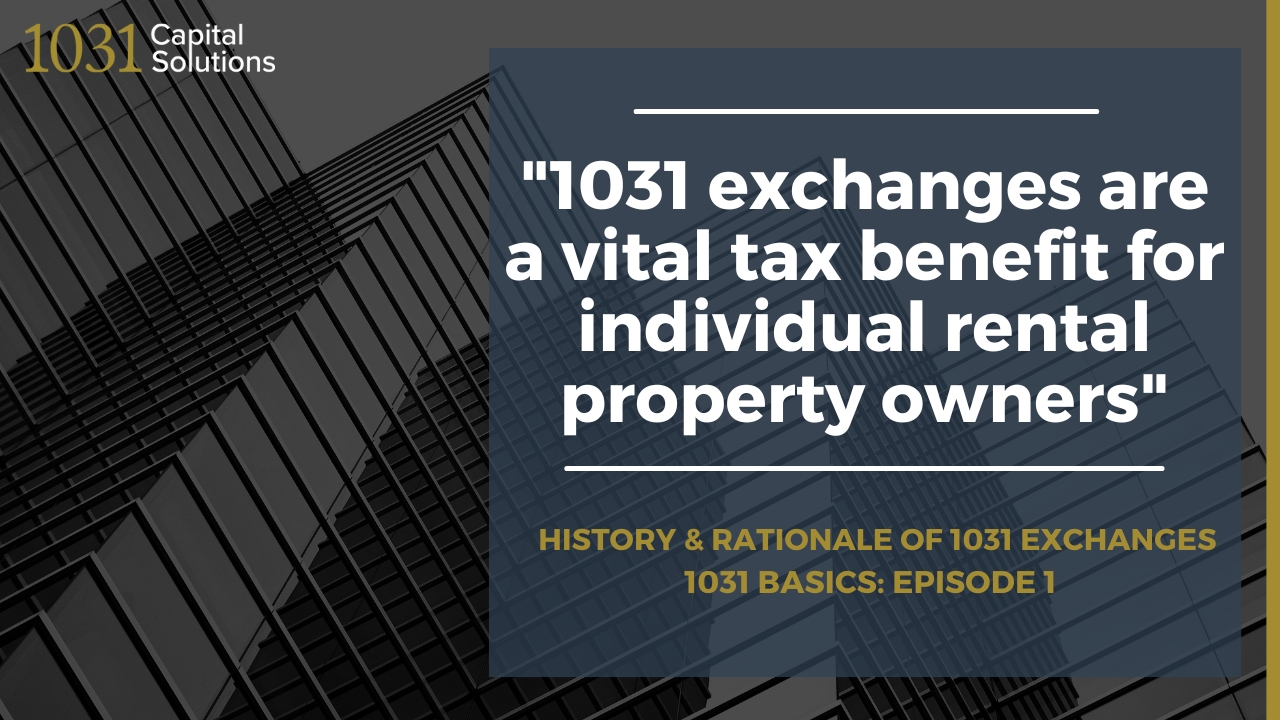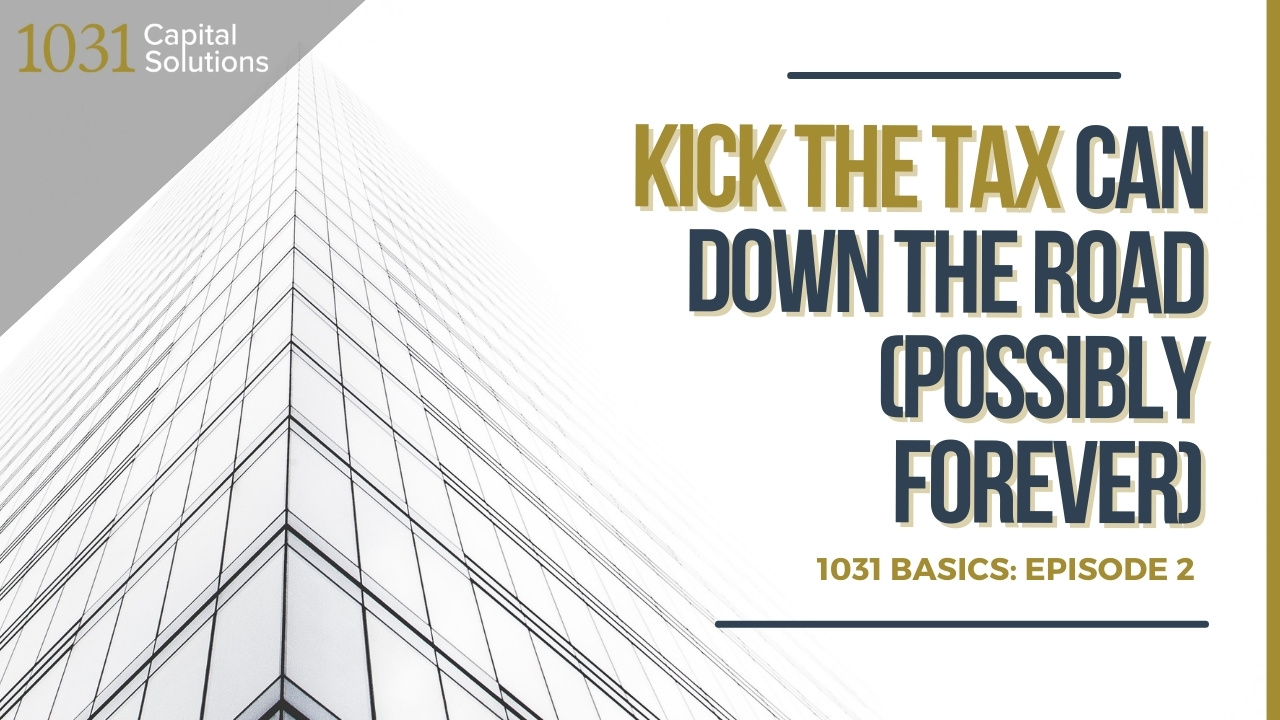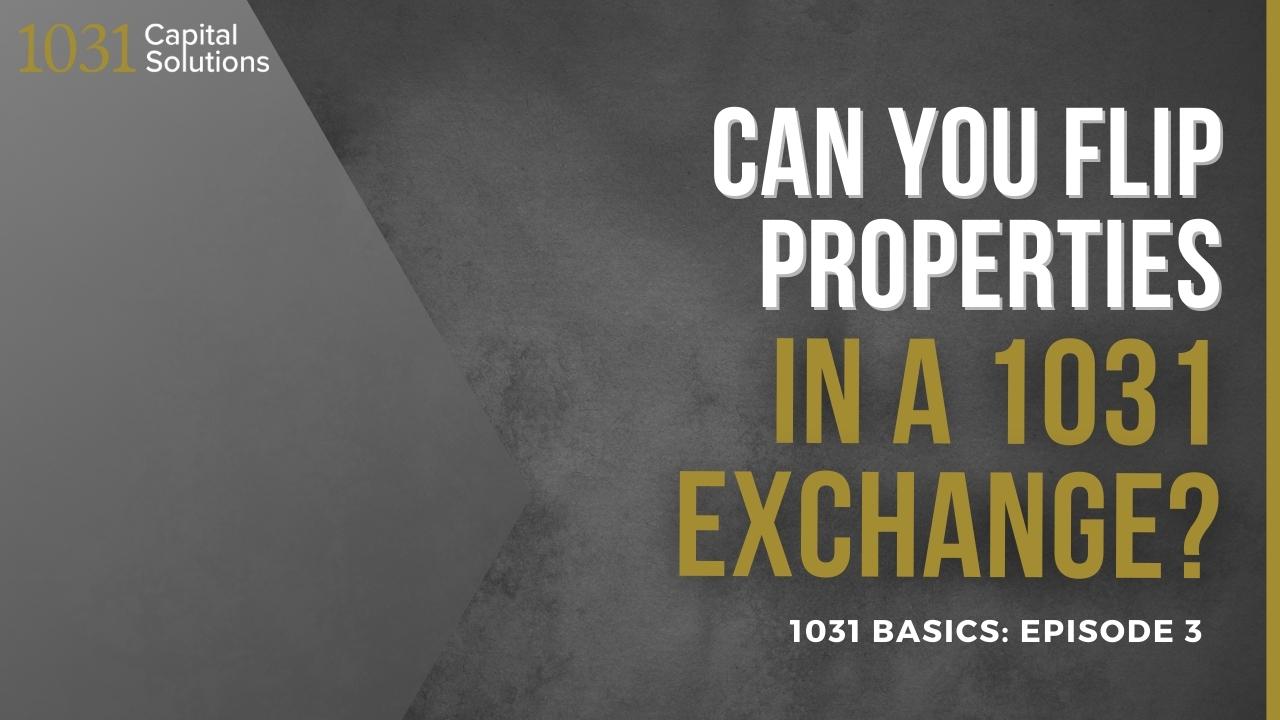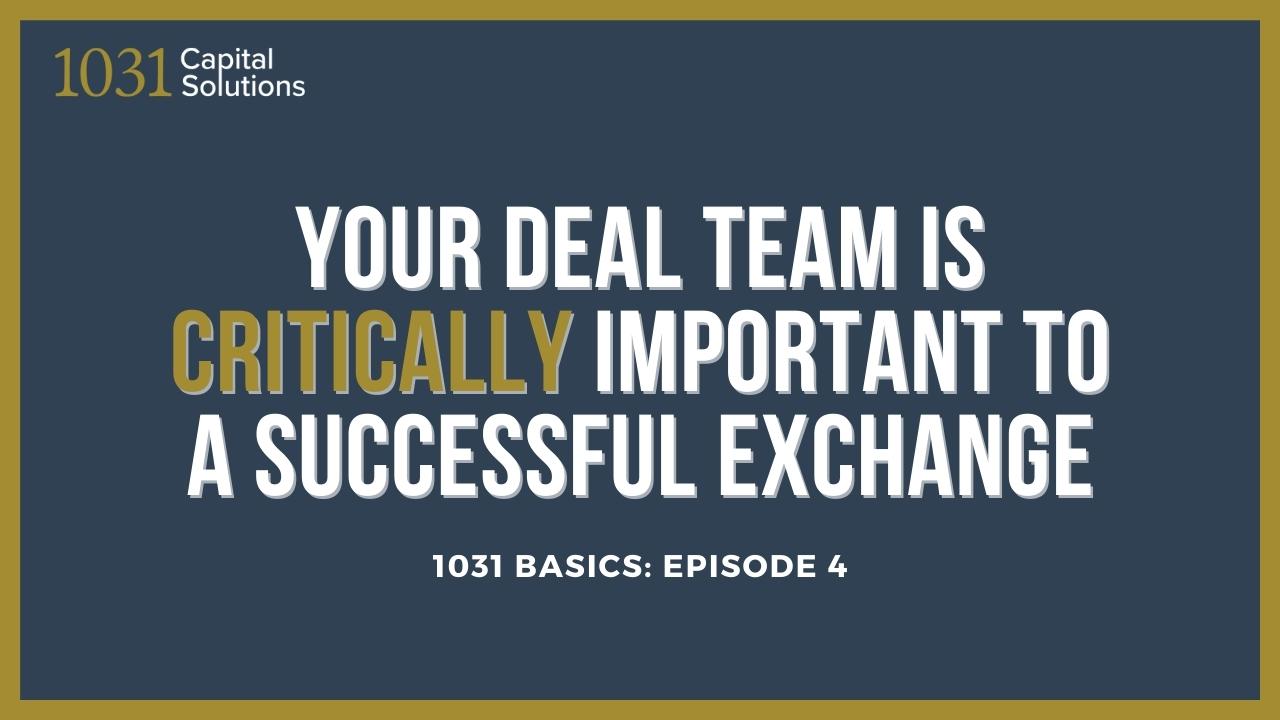Episode 5 from Passive Real Estate Investing Series. After looking at macro factors in Episode 4, here we review five factors to consider at the property level-especially when comparing two apartment communities in the same market.
Episode 4 from Passive Real Estate Investing Series. A map of the United States is not a dart board for randomly choosing target real estate markets. In this episode, we describe five of the factors we consider when conducting geographic due-diligence.
Episode 3 from Passive Real Estate Investing Series. The allure of a known fast-food brand or a chain dollar store can be compelling. But before you give up on rental housing, be sure you have a better understanding of the differences between single-tenant triple-net (NNN) properties and class-A multifamily.
Episode 2 from Passive Real Estate Investing Series. Cash flow means different things to different people. To compare apples to apples, we must rely on agreed-upon metrics. Understanding NOI (Net Operating Income) and YOE (Yield on Equity) will also make it easier to analyze investment options relative to your current property.
Episode 1 from Passive Real Estate Investing Series. What the heck is a cap rate? It's OK if you cannot confidently define what a "cap rate" is. After this first episode in our series on Passive Real Estate Investing Basics, you will totally get it. And if it doesn't sink in the first time, rewatching the video is free.
Episode 7 from Passive Real Estate Investing Series. Get a better idea of who puts together syndicated real estate investments, their role in the process, how they raise capital and how they add value.
Episode 8 from Passive Real Estate Investing Series. It's not really possible to provide a thorough overview of 1031-qualified DSTs in 3 minutes. We didn't try. But it's a good place to start, especially if you have a short attention span.
Episode 9 from Passive Real Estate Investing Series. We appreciate you taking a few minutes to learn about our education, training, experience and credibility as 1031-focused representatives. We hope to learn more about you in the near future.
Episode 6 from Real Estate Taxation Series. Losses from one category of investments may not be available to offset gains or income from another category. In real estate, it is important to know whether your investment generates "active", "passive" or "portfolio" income.
Episode 5 from Real Estate Taxation Series. Didn't we cover depreciation in Episode Two? Yes, but here we want to emphasize the impact that a 1031 exchange has on continuing to deduct depreciation from the income of a replacement property.
Episode 4 from Real Estate Taxation Series. Outside the sale of real estate (or in the event of a failed 1031 exchange), a QOZ fund may be a suitable way to defer taxes while investing in neighborhoods that need to attract investment capital for redevelopment or new construction.
Episode 3 from Real Estate Taxation Series. 1031 exchanges are not the only way to kick the tax can down the road. Yet for most taxpayers, IRC Sec. 1031 continues to offer the best overall tax consequences. Watch our video to learn why.
Episode 2 from Real Estate Taxation Series.. Even while your real estate appreciated over the years, your accountant likely was claiming that the property was depreciating every year-at least on paper. This episode reviews the benefits of deducting depreciation today to push a tax into the future.
Episode 1 from Real Estate Taxation Series. There are different categories of capital-gains, taxed at different rates by different levels of government. Whether you have a CPA or not (and you should), every landlord should have a basic understanding of how their capital gains may be taxed when selling real estate.
Tax-deferred exchanges of investment real estate date back to 1921. Learn what has changed-and what remains the same-about 1031 exchanges.
Conducting a like-kind exchange of rental property is about more than saving a few bucks on your tax bill. For most taxpayers, the combined state and federal tax benefits can add up to several hundreds of thousands of dollars over multiple transactions.
Not all real estate can be exchanged under IRC Section 1031. Before you sell your property, be sure to learn which investments can be sold and bought in a 1031 exchange.
Completing a 1031 exchange transaction does not need to be complicated. But you cannot hope to comply with the rules if you don't take the time to learn them.

